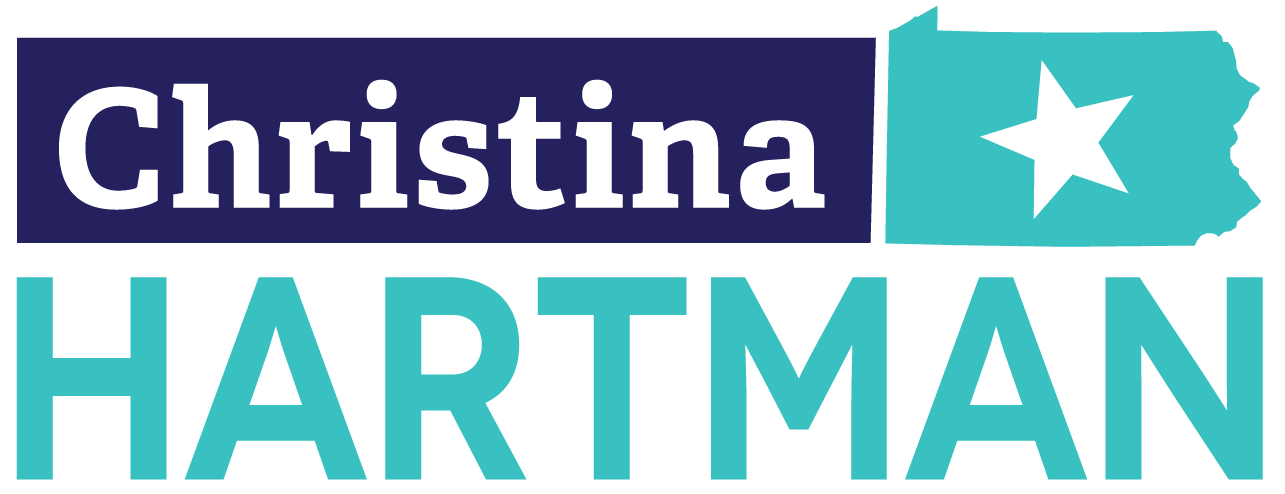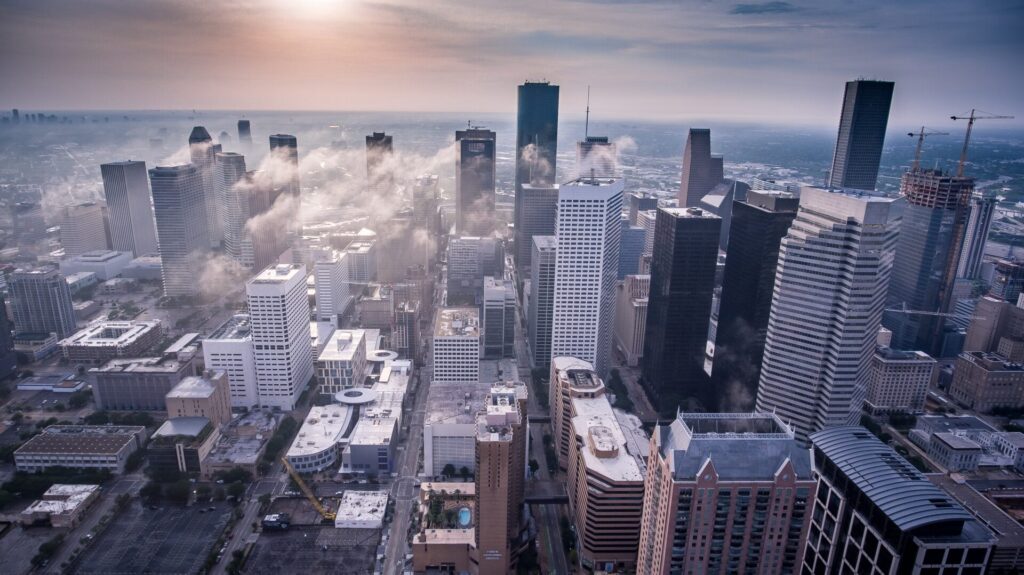The intricate relationship between politics and the economy is a perennial subject of study, discussion, and debate. Both domains are deeply intertwined, with each exerting a profound influence on the other. In this article, we will delve into the multifaceted aspects of the correlation between politics and the economy, exploring how political decisions shape economic landscapes and, in turn, how economic conditions mold political landscapes.
Policy Frameworks and Economic Outcomes:
Political decisions and policy frameworks play a pivotal role in shaping the economic landscape of a nation. Government policies related to taxation, trade, regulation, and fiscal spending have a direct impact on economic variables such as GDP growth, employment rates, and inflation. For instance, tax cuts can stimulate consumer spending and business investments, fostering economic growth. Conversely, increased regulations may dampen business activity but could also provide long-term stability.
Political Stability and Investor Confidence:
Political stability is a key determinant of investor confidence and economic development. Countries with stable political environments are often perceived as safer investments, attracting both domestic and foreign capital. Political unrest, on the other hand, can lead to uncertainty and capital flight, negatively affecting economic growth. The rule of law, property rights, and the overall governance structure are essential elements contributing to a stable political environment.
Globalization and International Relations:
In an interconnected world, the economic policies of one nation can have far-reaching effects globally. Trade agreements, diplomatic relations, and geopolitical events can significantly influence the economic fortunes of nations. The rise of protectionist policies, as seen in recent years, can alter global trade dynamics, impacting economic growth and the prosperity of nations involved.
Economic Inequality and Political Dynamics:
The distribution of wealth and economic opportunities within a society is closely tied to political decisions. Policies related to taxation, social welfare programs, and education can either exacerbate or alleviate economic inequality. High levels of inequality may lead to social unrest and political instability, prompting a reevaluation of economic policies.
Elections and Economic Policies:
The political cycle, particularly election seasons, often sees a spotlight on economic issues. Political candidates frequently propose economic policies that resonate with voters, promising job creation, improved living standards, and overall economic prosperity. The electoral outcome can, in turn, influence economic policies for the duration of a political term, shaping the economic trajectory of a nation.
Central Banks and Monetary Policy:
While central banks are typically independent institutions, their policies are influenced by broader political considerations. Interest rates, money supply, and inflation targets set by central banks can impact the cost of borrowing, business investments, and overall economic activity. Political pressure on central banks to adopt expansionary or contractionary measures can shape the economic environment.
Conclusion:
The correlation between politics and the economy is a complex and dynamic interplay that defines the fortunes of nations. Political decisions shape economic policies, and economic conditions, in turn, influence political dynamics. Understanding this intricate relationship is crucial for policymakers, economists, and citizens alike as they navigate the challenges and opportunities presented by the ever-evolving global landscape. The delicate dance between politics and the economy underscores the need for thoughtful, well-informed decision-making to foster sustainable and inclusive economic growth.


